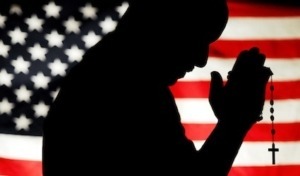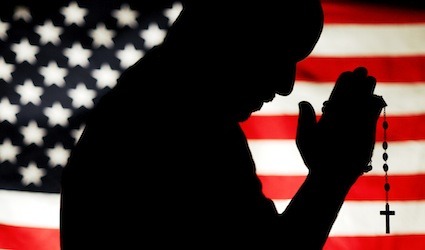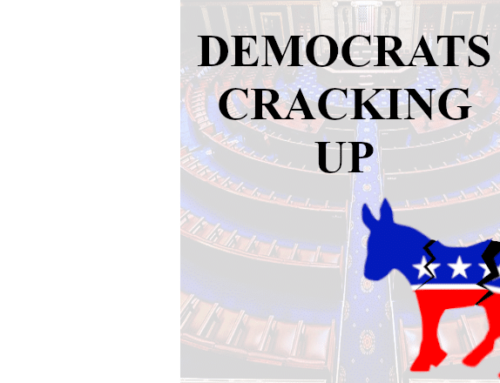
The revisions are a major step forward for religious liberty. Air Force Instruction 1, Section 2.11 no longer says that “an individual’s free exercise of religion” must be balanced against the “governmental establishment of religion.” When Madison wrote the so-called establishment clause, he, and those who ratified it, meant it to prohibit the establishment of a national church and governmental preference of one religion over another. They also insisted that the government was prohibited from encroaching on religious expression, not vice versa.
Also deleted from 2.11 is the invidious rule that Airmen “must avoid the actual or apparent use of their position to promote their personal religious beliefs.” It is one thing to badger others, quite another to merely state, unapologetically, one’s personal religious beliefs. Also stricken is any talk about “potential” problems that might occur: such language is overly broad and can be used to censor speech indiscriminately.
Also welcomed are two new strictures. Section 2.11.3 reads: “Expression of sincerely held beliefs…shall not be prohibited unless the expression would have a real, not hypothetical, adverse impact on military readiness, unit cohesion, good order and discipline, health and safety, and mission accomplishment.” Section 2.11.4 reads: “Insofar as practicable, an Airman’s expression of sincerely held beliefs may not be used as the basis of any adverse personnel action, discrimination, or denial of promotion, schooling, training, or assignment.”
As an Air Force veteran, and religious leader, I commend the U.S. Air Force for standing up to those who have been bullying them for years. Censorship is a serious matter, and while there are legitimate national security reasons that allow for its reasonable exercise, not among them is the right to religious expression as traditionally exercised by men and women in the armed forces.








